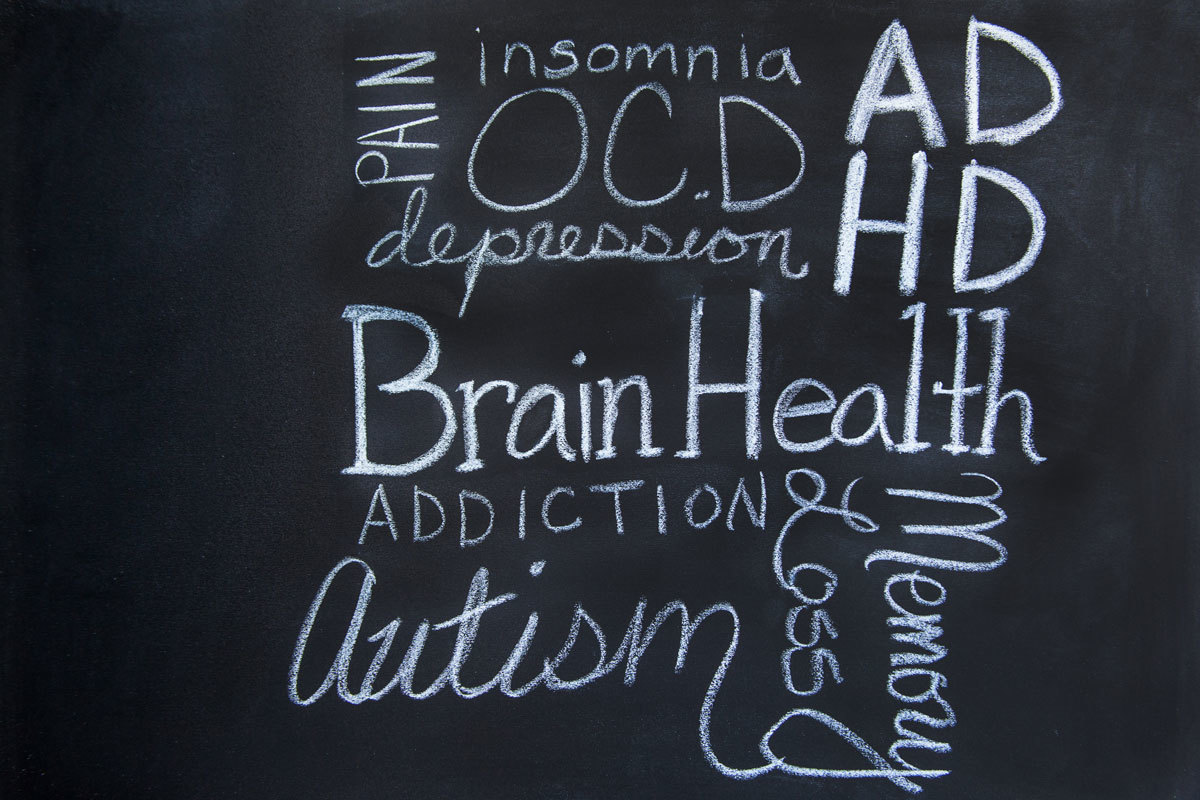In actual terms it’s been one of the worst years for Mental Health on record. As huge funding cuts were made to public health services in the UK, no other area came under so much strain. December alone saw fierce opposition to funding cuts made to mental health facilities in Kent, Hampshire and Greater Manchester. While more and more people within the system attested to the limited number of therapeutic options available. As mental health slid further down the government’s agenda, it had never been so prominent in the minds of the public. With poverty levels and unemployment high, cuts to mental health funding began to seem not just like an oversight, but the wilful and concerted neglect of vulnerable people by an ever-distant Westminster.
November was flooded by reports that male suicide had reached unprecedented levels. Now the biggest killer of men under the age of 45, it was reported that twelve men die of suicide in the UK every day. In November, The Campaign Against Living Miserably (CALM) in collaboration with Lynx launched #BiggerIssues, a social media drive to raise awareness of the issue, along with the support of Professor Green, who shared his own trauma at losing his father to suicide seven years ago.
It began to emerge that the machismo-driven, can-do, entrepreneurial spirit promoted by the Conservatives was at the very least contributing to a culture that was failing to address male emotion. While research published by insurance company Canada Life in 2015 reported that over half of all people in full-time work had suffered from mental health issues, with 25% attributing it to excessive workloads and unmanageable levels of stress. Suicide might have dropped considerably among women, but anxiety and depression had taken no prisoners.
The pressure on both women and men to look a certain way continued apace, with UCL and King’s College London publishing a report claiming 7.5% of adults living in South London suffered from an eating disorder. Stories about anorexia, bulimia, obesity and body dysmorphia saturated our newsfeeds, as well-meaning journalists and social media users tried to right the wrongs of policy makers and raise awareness of an issue that seriously jeopardised the health of millions all over the country. At the same time clean eating exploded, with the Internet transforming into a platform of self-loathing dressed up as a filtered shot of an oatmeal smoothie.
Last week it was reported that one in four students in the UK will suffer from mental health issues during their time at university. This coincided by a matter of months with accusations of racism waged against Oxford University. Despite countless calls to reform, state school access had not improved either there or at Cambridge, while millions of students attending universities up and down the country continued to complain about the pressures of being thrust into the belly of these almost uniformly middle-class, white establishments. People in student welfare offices scratched their heads over how to implement compulsory sexual consent lectures without jeopardising freedom of speech, reflecting a lad culture that refuses to die and continues to tyrannise young men and women still trying to forge their identity and navigate the complex terrain of adult sexuality.
All of which culminated in the inevitable rise of mental health disorders already associated with being away from home for the first time and immersed in a world of study and rigorous assessment. Despite all this, diminishing levels of mental health provision left unprecedented numbers of young people afloat and more likely to self-medicate. They weren’t alone. Things fared just as badly for the elderly, who bore the brunt of a pandemic loneliness that had swept across the UK. On all fronts and irrespective of age, gender, sexuality or race, it would be fair to say that the country found itself in the throes of a mental health crisis.
Small consolation came in the form of Jeremy Corbyn’s appointment of Luciana Berger as Shadow Mental Health Secretary, sending out a clear message about mental health as an urgent priority for policy makers and a central pillar of a happy, functioning and secure society. Likewise, newspapers and websites launched dedicated mental health awareness weeks and series. The BBC Panorama on Britain’s Mental Health Crisis shone a light on the patients and practitioners suffering at the hands of government cuts. It was a damning report into a crucial service and a small step towards revealing the grave risks that are being made to public health.
But it was only a start. 2015 was a grave year for mental health, but it sowed the seeds of a cultural and political movement aimed at putting mental health at the forefront of the public consciousness. In 2016, those efforts need to be redoubled.
If you or someone you know is suffering from suicidal thoughts, contact CALM on 0800 58 58 58
